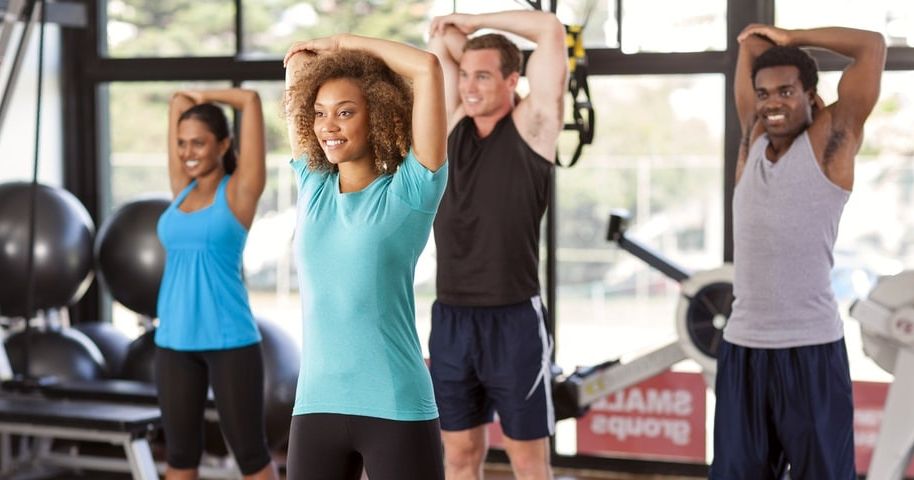
Back Pack Safety 101
Backpack Safety: Dr. Dopps Guide to Help Prevent Problems
In the modern world, backpacks have become an essential accessory for students, professionals, traveling and adventurers alike. However, the convenience of carrying your belongings on your back can sometimes come at a cost to your spinal health. As a chiropractor, I'm here to shed light on the importance of backpack safety and how you can ensure a healthy spine while still enjoying the benefits of your trusty backpack.
Understanding the Impact:
Carrying a heavy backpack incorrectly can have a significant negative impact on your spinal health. The human spine is a marvel of engineering, but it's not designed to withstand excessive or uneven loads for prolonged periods. Improper backpack use can lead to a range of issues, including:
Poor Posture: Carrying a heavy backpack can cause you to lean forward, straining the muscles in your back and neck. Over time, this can lead to poor posture, neck and back pain and chronic discomfort in some.
Muscle Strain: The added weight can strain muscles and ligaments, causing discomfort and muscle imbalances that contribute to back pain, headaches, and lead to other problems
Spinal Misalignment/subluxation: The uneven distribution of weight will cause spinal misalignments to occur in time, which will negatively affect nervous system function and is related to over-all body health and healing.
Nerve Compression: An improperly worn backpack can compress nerves, causing tingling, numbness, or shooting pain in the arms and hands, or legs and feet.
Backpack Safety Tips:
The good news is that with some simple adjustments and mindful practices, you can avoid these issues and keep your spine in better shape.
Choose the Right Backpack: Choose a backpack with padded shoulder straps and a padded back to help distribute weight evenly. A waist and chest strap can also be beneficial for heavier loads, but heavier loads are never good with extended carrying times, and obviously put the most stress on your back and body.
Pack Strategically: Place heavier items closer to your back and lighter items towards the outside. This helps maintain better balance and reduces strain on your spine.
Adjust the Straps: Ensure that your backpack is snug against your back, and adjust the straps to keep the weight close to your body. Loose straps can cause the backpack to sway and strain your muscles.
Distribute Weight Evenly: Balance the weight between both shoulders to avoid stressing one side of your body. If possible, use both shoulder straps rather than slinging it over one shoulder.
Mindful Weight Limit: As a general guideline, a backpack should not exceed 10-15% of your body weight. Be mindful of what you're carrying and consider leaving non-essential items behind.
Proper Lifting and posture: Bend your knees and use your leg muscles when lifting the backpack, rather than straining your back muscles. Be aware of your body position and posture, the more leaned over you are the more it stresses your entire spinal column.
Take Breaks: If you're carrying a heavy load for an extended period, take breaks to give your back and body a rest.
As a chiropractor, I've witnessed the impact of poor backpack habits on spinal health firsthand. By following these backpack safety tips, you can prevent discomfort, pain, and long-term issues. Your spine is your body's foundation, so treat it with the care it deserves. Embrace these practices, and you'll not only enjoy the convenience of your backpack but also maintain a healthier and more balanced spine. Remember, a little attention to backpack safety can go a long way in preserving your spine and your kids spinal health and well-being.
Dopps Chiropractic | Dr. Matt Dopps
(316) 265-1575 | DrMattDopps.com



Matt Dopps